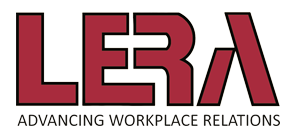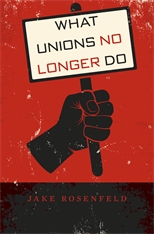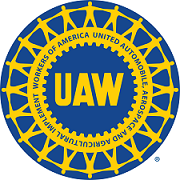1. The Collapse of Organized Labor in the United States
2. Government Is Not the Answer: Why Public Sector Unionism Won’t Rescue the Labor Movement
3. Wages and Inequality
4. Strikes
5. The Timing Was Terrible: Deunionization and Racial Inequality
6. Justice for Janitors? Deunionization and Hispanic Economic Assimilation
7. The Ballot Box: Deunionization and Political Participation
8. The Past as Prologue: The Labor Movement Pre–New Deal, Today, and Tomorrow
Appendix: Data and Methods
Notes
References
Acknowledgments
Index


